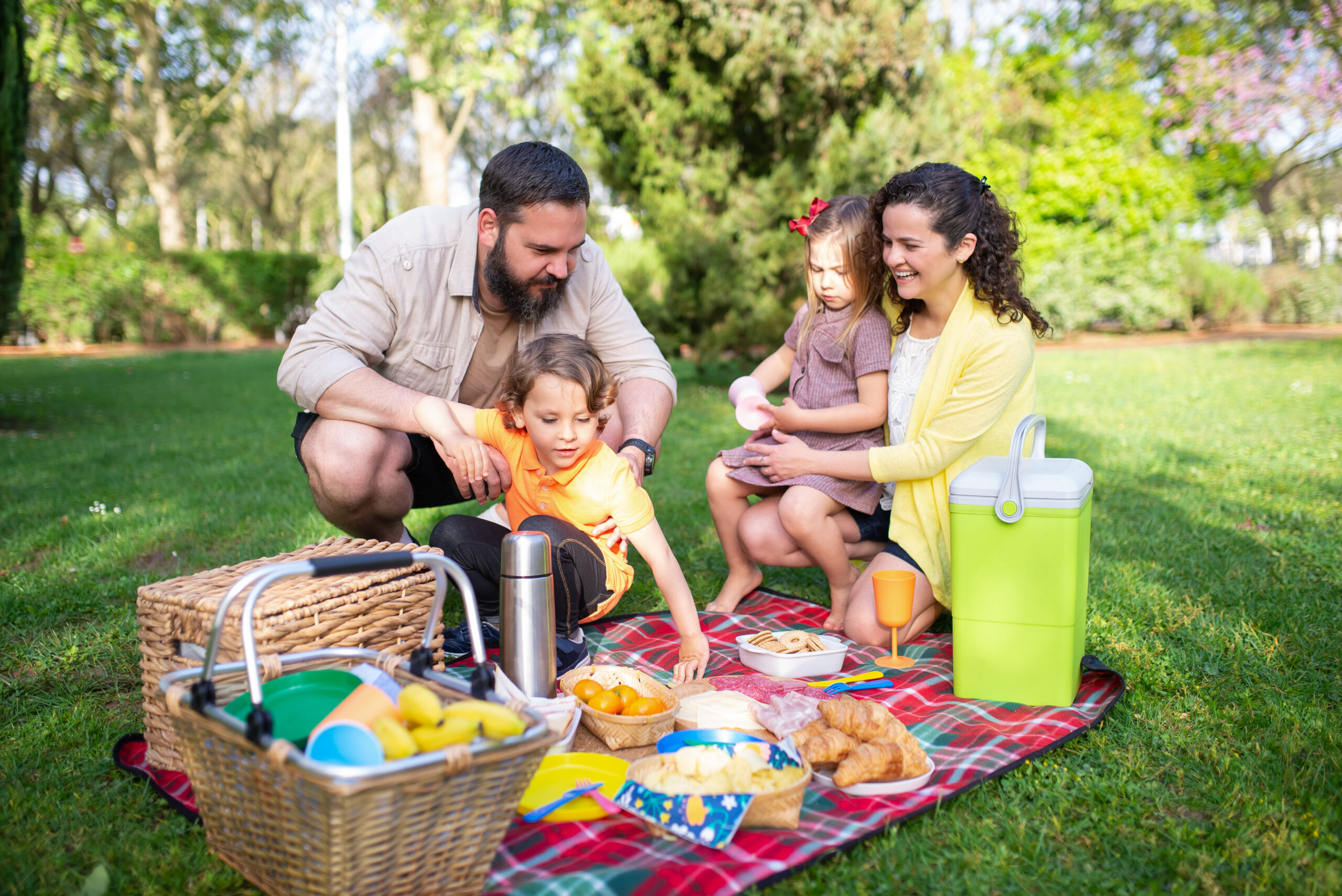“Say goodnight to your bed and hello to your fridge! Have you ever noticed how your sleep patterns seem to dictate what you crave for food? Whether it’s a late night snack attack or reaching for the coffee to shake off morning grogginess, there’s a connection between the hours you spend snoozing and the choices you make in the kitchen. Let’s dive into this fascinating relationship between sleep and food intake!”
Sleep Deprivation and Hunger Hormones
One of the most well-known effects of sleep deprivation is the impact it has on our hunger hormones. When we don’t get enough sleep, our bodies produce higher levels of the hormone ghrelin, which stimulates appetite and makes us feel hungry. At the same time, the hormone leptin, which regulates feelings of fullness, decreases. This hormonal shift can lead to overeating and cravings for high-calorie, sugary foods.
Additionally, sleep deprivation can impact the levels of glucose and insulin in our bloodstream, making us more susceptible to cravings for sweet or starchy foods. This is because these foods provide a quick energy boost to help us overcome feelings of fatigue.
Circadian Rhythms and Food Cravings
Another factor to consider is our body’s circadian rhythm, or internal body clock. This natural cycle affects the release of hormones and other substances in our bodies, including hunger hormones, and can play a role in determining what and when we eat.
For example, research has shown that the hunger hormone ghrelin is highest in the morning, while leptin is at its highest in the evening. This natural pattern is thought to help us maintain a healthy balance of food intake over the course of the day. However, if our sleep patterns are disrupted, this natural rhythm can become disrupted, leading to altered hunger and food cravings.
Sleep Quality and Food Choices
The quality of our sleep can also have an impact on our food choices. Research has shown that people who experience poor sleep quality, such as frequent waking or insomnia, tend to make less healthy food choices and consume more calories overall. This is thought to be due to the effects of sleep deprivation on hormones and circadian rhythms, as well as a general increase in feelings of stress and anxiety.
How to Improve Sleep and Food Choices
So, what can you do to improve your sleep and food choices? Here are a few tips:
- Aim for 7-9 hours of sleep each night: This is the recommended amount of sleep for most adults and can help to regulate hormones and maintain a healthy body clock.
- Stick to a regular sleep schedule: Try to go to bed and wake up at the same time each day, even on weekends. This will help to regulate your circadian rhythm and improve the quality of your sleep.
- Avoid caffeine and alcohol before bed: Both of these substances can interfere with sleep quality and can make it more difficult to fall asleep and stay asleep.
- Eat a balanced diet: Focus on consuming a variety of whole foods, including plenty of fruits and vegetables, lean protein, and healthy fats. This will help to regulate hormones and improve your overall health.
In conclusion, the relationship between sleep and food intake is a complex and interrelated one, with many factors at play. By understanding the science behind this connection and making a few simple changes to our sleep and diet habits, we can improve our overall health and well-being. So, here’s to sweet dreams and healthy food choices!



